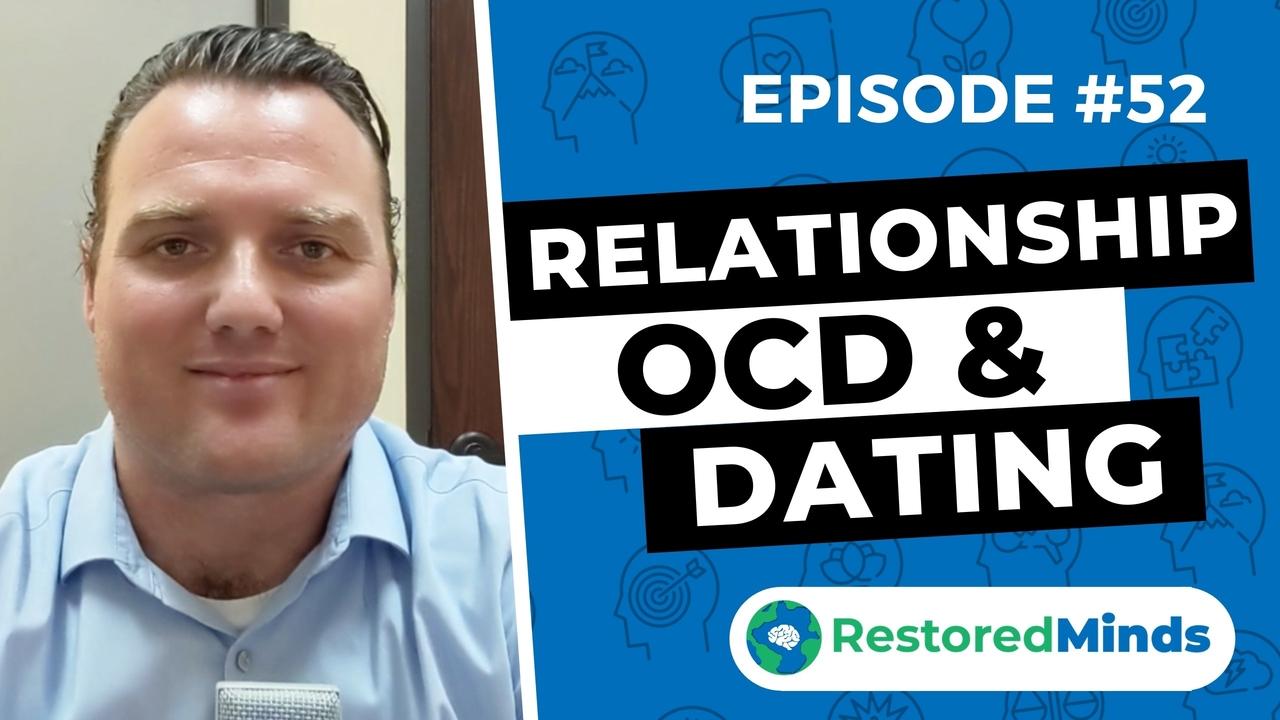Relationship OCD and Dating
Oct 21, 2020
Understanding Relationship OCD
Relationship OCD (ROCD) is a subset of Obsessive-Compulsive Disorder where the focus lies either on the relationship itself or on the partner. The mind gets entangled in loops, constantly questioning the validity and future of the relationship. You might find yourself asking, "Am I with the right partner?" or "Is this truly love?" These loops can lead to behaviors that are ultimately damaging to the relationship—seeking constant reassurance, over-analyzing your partner, ruminating over intrusive thoughts, or confessing unnecessary concerns.
Three Key Strategies for Handling Relationship OCD
To foster a healthier, balanced relationship despite the challenges of ROCD, consider these three crucial strategies:
1. Avoid Making Decisions Through the Lens of OCD
When you're engulfed in an OCD episode, your perception becomes distorted. Think of it as wearing goggles that warp your view of reality. Making decisions while in this state can lead to poor choices that you may later regret. Whether it’s ending the relationship or demanding changes from your partner, these decisions should be avoided when OCD clouds your judgment.
Instead, aim to reach a calm, collected state of mind before making any critical decisions about your relationship. Just as you wouldn't go shopping on an empty stomach or send an email while angry, don't make major relationship decisions while in an emotional whirlwind.
2. View Love as a Choice, Not Just a Feeling
One of the essential shifts in perspective recommended by experts like Dr. Steven Phillipson and echoed in M. Scott Peck's The Road Less Traveled is to see love as a choice rather than a mere feeling. Early in a relationship, feelings of excitement and passion are natural, but these often give way to habituation as the relationship progresses.
OCD can turn this natural progression into a battleground of doubt, continually questioning whether what you feel is indeed love. Recognize that love is an intentional choice—to remain committed, caring, and supportive, regardless of fleeting emotional states. This approach can alleviate undue pressure on both you and your partner.
3. Make Short-Term Decisions to Combat OCD's Black-and-White Thinking
OCD thrives on all-or-nothing scenarios, often making even minor issues appear as life-altering decisions. Counter this by making short-term, manageable decisions instead of feeling the need to decide the fate of your relationship in one grand gesture.
If you're in the throes of an OCD episode, break down your choices into smaller, more digestible timeframes. Commit to certain actions for a week and reassess thereafter. This method helps reduce the exaggerated drama OCD tends to add to situations, facilitating longer-term relationship success.
Final Thoughts
If you're struggling with Relationship OCD and looking for ways to maintain a healthy relationship, start by:
-
Refraining from making decisions when in the OCD "lens."
-
Viewing love as a deliberate choice.
-
Breaking down decisions into short-term commitments.


